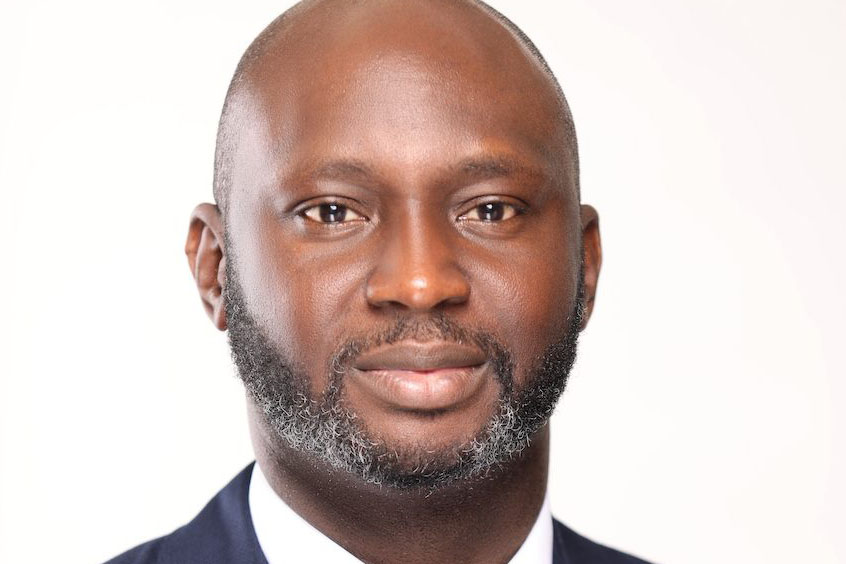 Geoscientist and environmental expert, Dr Desmond Rowland Eteh, has advised the Federal Government and those working in the environmental sector to leverage artificial intelligence (AI) and big data to solve climate change, flooding, pollution, and other environmental challenges facing the country.
Geoscientist and environmental expert, Dr Desmond Rowland Eteh, has advised the Federal Government and those working in the environmental sector to leverage artificial intelligence (AI) and big data to solve climate change, flooding, pollution, and other environmental challenges facing the country.
Dr Eteh, a data scientist and geospatial analyst at Golden Viosam, made this known on Saturday in Port Harcourt while commenting on the environmental problems facing Nigeria, particularly the Niger Delta area.
He stated that, as a researcher covering a range of geological, geophysical, environmental, and blue economy work, he can attest that his high level of success is attributed to the use of AI, machine learning, and big data technologies.
The data scientist stressed that with the rainy season on the way, climate change and global warming can increase the risk of flooding, erosion, and pollution, and pose a danger to health and the environment.
In light of this, his advice to the government centres on strategic integration, capacity building, and ethical governance on the use of AI and geospatial analytics in managing these environmental issues.
He said the government can leverage big data to optimise agriculture by predicting crop yields via satellite imagery, improve public health through air quality prediction models to combat pollution, establish cloud-based platforms on AWS or Azure that will facilitate centralised data access, and streamline information sharing and decision-making.
Eteh advised the government should train policymakers and local agencies in the use of AI and geospatial tools, and also in data literacy initiatives that can bridge the technology-knowledge gap.
“Collaborating with academia and industry experts, as seen in my partnerships with Niger Delta University and non-governmental organisations (NGOs), ensures solutions are grounded in local needs. Supporting open-source initiatives, such as flood mapping projects on GitHub democratises access to critical tools,” he said.
Eteh emphasised the importance of ethical and inclusive AI applications, adding, “To avoid bias, models must be validated with ground-truth data.”
On the other hand, he said the risks associated with using AI and big data include biased datasets (e.g., urban-centric models failing rural areas), over-reliance on tech without local input, and infrastructure gaps (e.g., poor internet).
According to him, to mitigate these risks, data should validate models with ground-truth data, and ethical AI must prioritise inclusivity and adaptability to local contexts.
On the fear that AI is taking away people’s jobs, the data scientist said that AI is not a threat to his job, but a tool that amplifies his ability to solve complex problems.
“My role as a data scientist and geospatial analyst involves leveraging AI to enhance decision-making, not replace human expertise. To stay ahead, I actively engage with emerging trends through certifications. AI evolves as an extension of my skill set, not a replacement,” he said.





